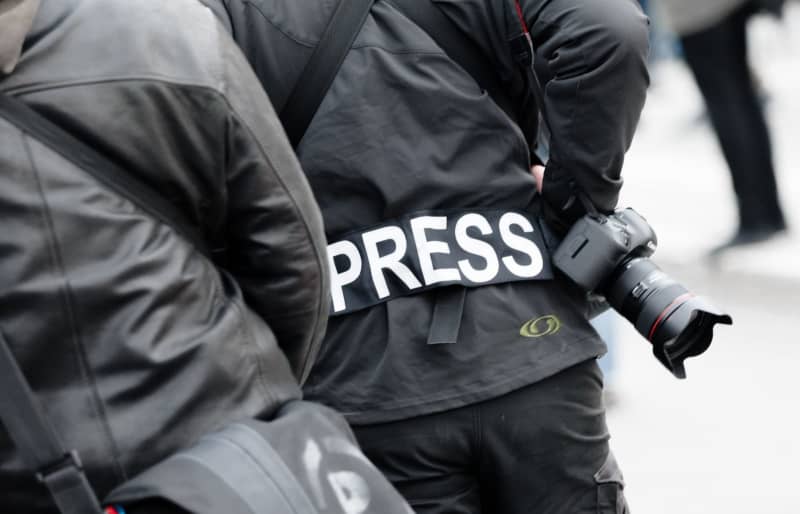On Wednesday, UNESCO, the specialized agency of the United Nations focused on scientific and cultural issues, raised serious concerns regarding the increasing trend of targeting journalists in Eastern Europe with allegations of economic crimes as a means to suppress critical reporting. The organization highlighted that journalists faced accusations such as extortion, tax evasion, and money laundering, which not only served to hinder their journalistic endeavors but also aimed to intimidate them. This troubling tactic has been noted as widespread across various regions globally, with Eastern Europe and Central Asia experiencing the highest frequency of such attacks. UNESCO emphasized that the pressure faced by these journalists is particularly acute for those investigating corruption, as they become prime targets for state-sponsored retribution.
The persistence of these economic crime allegations has raised alarms about the misuse of financial laws and administrative procedures by state actors. UNESCO’s analysis reveals a discernible pattern where authorities leverage legal frameworks to intimidate and silence journalists, especially during politically sensitive times such as elections, public protests, or significant international events. This strategy not only disrupts the work of investigative reporters but also creates a chilling effect, leading to increased self-censorship within the media. The repercussions extend beyond individual journalists; entire publications may suffer reputational damage as a result, hampering their credibility and ability to function freely in society.
UNESCO’s findings are supported by a comprehensive examination of 120 specific cases of alleged financial crimes reported between 2005 and 2024. The majority of these incidents were concentrated in the years 2019 to 2022, highlighting a surge in state-backed retaliation against the press during this period. Notably, the organization suggested that the actual number of affected journalists and outlets is likely higher than documented, indicating that many cases may go unreported due to fear of further reprisals or lack of visibility in international discourse. The implications of these findings show a concerning trend of declining press freedom in regions already struggling with political and social challenges.
The overlapping of anti-corruption efforts and judicial actions against journalists raises questions about the integrity of governance in these regions. When state mechanisms are utilized to target individuals who critique or report on government malfeasance, it creates an environment where accountability is evaded and transparent dialogue is hindered. This phenomenon complicates the role of the media as a check on power, ultimately diminishing democratic norms. UNESCO’s report serves as a clarion call for greater awareness among international actors, urging them to condemn these tactics and support the right to free expression.
UNESCO’s observations underscore the need for a robust defense of press freedom, particularly in contexts where journalists are routinely subjected to threats and legal harassment. The agency advocates for the international community to adopt a proactive stance in protecting journalists facing intimidation, emphasizing the responsibility of member states to uphold and respect freedom of expression. Strengthening legal protections for the media, promoting transparency in governance, and empowering civil society are essential steps in curtailing the misuse of legal frameworks against journalists. This approach not only safeguards individual reporters but also fortifies the democratic fabric essential for societal progress.
In summary, the pressing situation outlined by UNESCO reflects a critical crossroads for journalism in Eastern Europe and beyond. As economic crime allegations are increasingly wielded as tools for repression, the need for solidarity with journalists grows ever more urgent. The findings from UNESCO serve as a reminder of the integral role journalists play in exposing corruption and promoting accountability. Addressing these challenges requires concerted efforts from governments, civil society, and international organizations to foster an environment conducive to free and fearless reporting. Only through these means can the erosion of foundational democratic principles be resisted, and the rights of journalists be effectively safeguarded.

